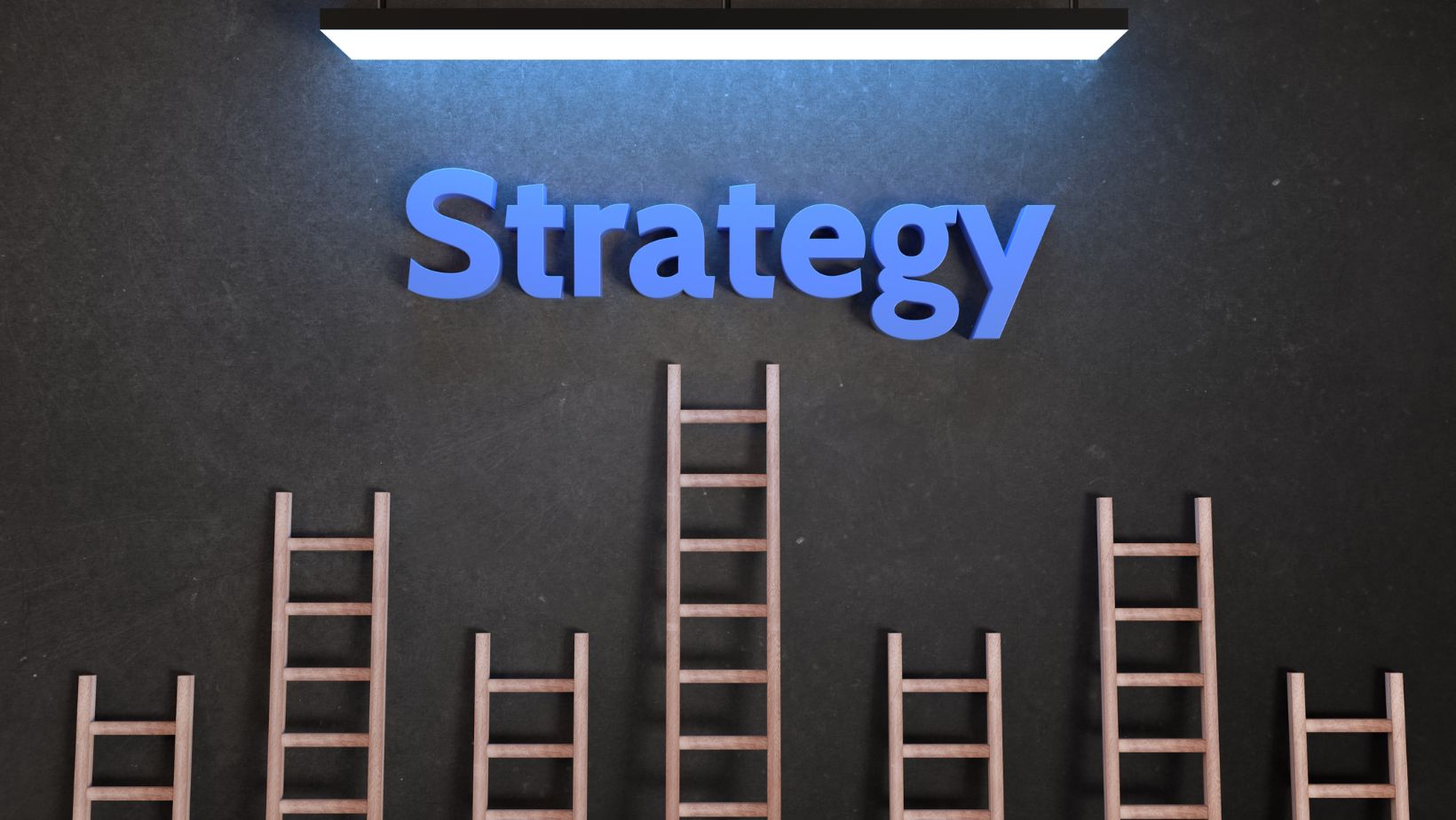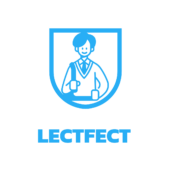
When it comes to mastering new skills and retaining information, having effective learning strategies is key. These strategies are the methods and techniques individuals use to enhance their understanding and knowledge retention. Whether it’s through visual aids, hands-on practice, or mnemonic devices, employing the right learning strategies can make a significant difference in one’s educational journey.By understanding what learning strategies are and how they can be tailored to individual preferences and learning styles, learners can optimize their study sessions and improve their overall academic performance.
What Are Learning Strategies
Learning strategies refer to the specific methods, techniques, or approaches that individuals use to acquire, process, retain, and recall information. These strategies encompass a range of cognitive, metacognitive, and resource management techniques that help learners efficiently grasp new concepts and enhance their understanding of various subjects.
Importance in Educational Success
Learning strategies play a crucial role in determining educational success by empowering learners to effectively navigate the learning process. By employing appropriate strategies tailored to their unique preferences and styles, students can optimize their study efforts, improve comprehension, and boost academic performance. Adopting diverse learning strategies not only enhances knowledge retention but also fosters critical thinking, problem-solving skills, and overall learning proficiency.
Types of Learning Strategies
Building on the importance of learning strategies in skill acquisition and information retention, the discussion shifts towards exploring specific types of learning strategies tailored to individual preferences and learning styles.
Cognitive Learning Strategies

Cognitive learning strategies are methods aimed at enhancing the process of acquiring new information, understanding concepts, and improving memory retention. These strategies focus on mental processes like attention, perception, and reasoning to optimize learning outcomes. Examples include:
- Summarizing key points to reinforce understanding
- Creating visual aids like mind maps or diagrams to aid comprehension
- Using mnemonic devices to facilitate information recall
Metacognitive Learning Strategies
Metacognitive learning strategies involve the planning, monitoring, and evaluation of one’s learning process. These strategies enable learners to take control of their learning by setting goals, assessing their understanding, and adjusting their approach as needed. Key metacognitive strategies include:
- Setting specific learning objectives
- Self-assessment to track progress and identify areas for improvement
- Reflection on learning experiences to enhance future learning outcomes
- Time management techniques to allocate study time efficiently
- Organizing study materials for easy access and reference
- Utilizing technology tools for note-taking and information organization
Implementing Effective Learning Strategies
Identifying Individual Learning Needs

To implement effective learning strategies, understanding individual learning needs is crucial. By tailoring teaching methods to match each learner’s preferences and strengths, educators can optimize the learning process. This personalized approach helps in engaging students effectively and enhancing their comprehension and retention of information. From time management techniques to active listening skills, the world of learning strategies offers a plethora of tools to help individuals succeed in their educational pursuits. In this article, we will explore the various types of learning strategies and how they can be effectively utilized to enhance learning outcomes.
Techniques for Active Implementation
Active implementation of learning strategies involves hands-on participation and engagement. Encouraging students to apply what they have learned in practical scenarios can reinforce their understanding and memory retention. Techniques such as group discussions, real-life simulations, and interactive activities foster active learning, promoting deeper comprehension and skill development. By actively involving learners in the educational process, educators can create a dynamic and stimulating learning environment that encourages continuous growth and improvement.
Benefits of Learning Strategies
Implementing effective learning strategies offers numerous advantages. By customizing approaches such as visual aids and mnemonic devices, individuals can enhance their academic performance and information retention. Learning strategies encompass cognitive, metacognitive, and resource management techniques, providing a holistic approach to skill acquisition. Cognitive strategies focus on understanding and memory, while metacognitive strategies involve planning and self-assessment. Resource management techniques like time management and technology tools further optimize learning efficiency. Tailoring teaching methods to match learners’ preferences and strengths enhances engagement and comprehension. Active implementation through hands-on participation fosters deeper comprehension and skill development.

